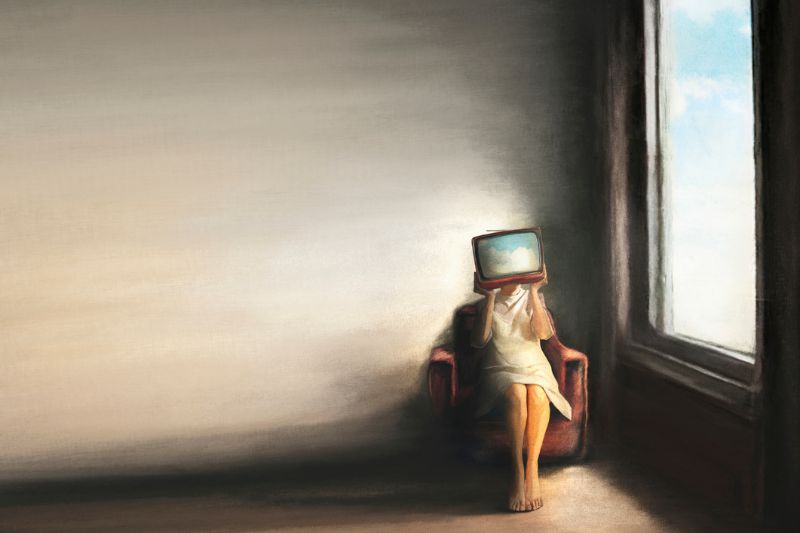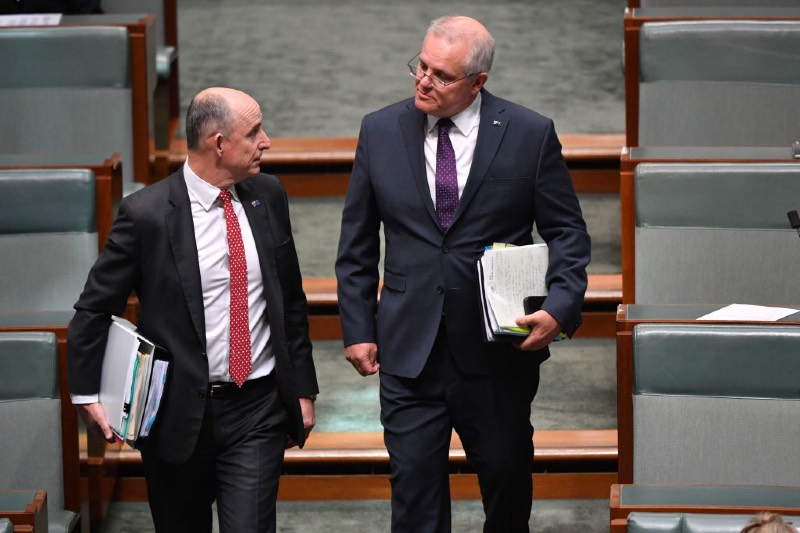Keywords: Religion Reporting
-

INTERNATIONAL
- David Halliday
- 13 December 2024
In 2024, a fifth of Americans reported having no close friends, and the number is growing, especially among those without college degrees. So what are the societal structures behind this crisis in loneliness, and how we can rebuild meaningful connections?
READ MORE 
-

AUSTRALIA
- Kerry Murphy
- 05 July 2024
There is no doubt that laws for determining refugee status and onshore protection are complex. The cases of NZYQ and ASF17 demonstrate that when laws regarding asylum and protection intersect with laws regarding character and protection of the community, the results can be extremely messy.
READ MORE 
-

AUSTRALIA
- Holly Lawford-Smith
- 02 February 2024
1 Comment
How can we make progress on the question of whether debate can do harm, and if it can, whether that’s a sufficient reason to suppress particular debates? Or should we adopt a ‘no debate!’ approach to particular topics ourselves?
READ MORE 
-

AUSTRALIA
- Bill Calcutt
- 10 November 2023
1 Comment
As demonstrated in debates around the Voice, increasingly divergent perceptions of reality affect our dedication to our societal obligations and the upkeep of our shared core values. If left unchecked, this drift away from a shared understanding of the common good will further undermine trust and mutual respect that bind us, challenging the very foundations of a humane, civilised and inclusive society.
READ MORE 
-

RELIGION
- David Halliday
- 17 March 2023
8 Comments
Over 17,000 women worldwide have called for Church reform in a newly published survey by Catholic Women Speak Network. Respondents from 104 countries expressed dissatisfaction with a lack of transparency in governance and voiced the need to be seen, heard and valued.
READ MORE 
-

ARTS AND CULTURE
- Andrew Hamilton
- 10 November 2022
1 Comment
Reflecting on the value of newspaper commentary on public life prompts self-reflection concerning the quality of what we columnists write and what we hope to achieve through our work. The ephemeral quality of a column suggests how important it is for us not simply to react to the news but to ask what lies beneath it.
READ MORE 
-

ARTS AND CULTURE
- Emma Wilkins
- 27 September 2022
2 Comments
There's an assumption that writers shouldn’t be writing about groups they don't belong to, as if this couldn’t be done with honesty and insight, respect and restraint. Difficult, yes, but impossible? Whether in fiction or non-fiction, outsiders might misunderstand and misrepresent the people they depict, but sometimes, insiders will too. Sometimes, outsiders will lack insight, but sometimes, when they’re curious, attentive, when they do not overreach, they’ll capture truth.
READ MORE 
-

MEDIA
- Anthony N Castle
- 04 January 2022
5 Comments
At this point, the media cycle is mostly internal, and while the media is talking to itself, Scott Morrison is talking to a rapidly growing base with significant resources. The devil isn’t in the headline here, the devil is in the detail, in the appeal itself.
READ MORE
-

MEDIA
- Anthony N Castle
- 13 May 2021
6 Comments
At this point, the media cycle is mostly internal, and while the media is talking to itself, Scott Morrison is talking to a rapidly growing base with significant resources. The devil isn’t in the headline here, the devil is in the detail, in the appeal itself.
READ MORE 
-

AUSTRALIA
- Tim Robertson
- 05 November 2020
Bosses give any number of reasons, often focused on some vaguely defined notion of productivity, why they do or don’t support remote working, but ultimately it comes down to a single, fundamental question: what is the ideal balance between reducing expenditure and surveilling workers?
READ MORE 
-

MEDIA
- Mark Jennings
- 03 April 2019
10 Comments
Two recent stories in the Australian attack Murdoch University academics who supposedly described Anzacs as 'killers' and detainees on Manus Island as 'prisoners'. The stories display a poor understanding of the academic role, and the nature of 'critique', which is not to merely to present all arguments as if they had equal merit.
READ MORE 
-

AUSTRALIA
- Chris Middleton
- 04 February 2019
Because this story is in the political arena, it seems vicious comments from celebrities, politicians, and countless others are made with impunity. And we wonder why young people can be so cruel online and why it is so hard to educate them that words matter; that words hurt. Then, as they say, the story got complicated.
READ MORE